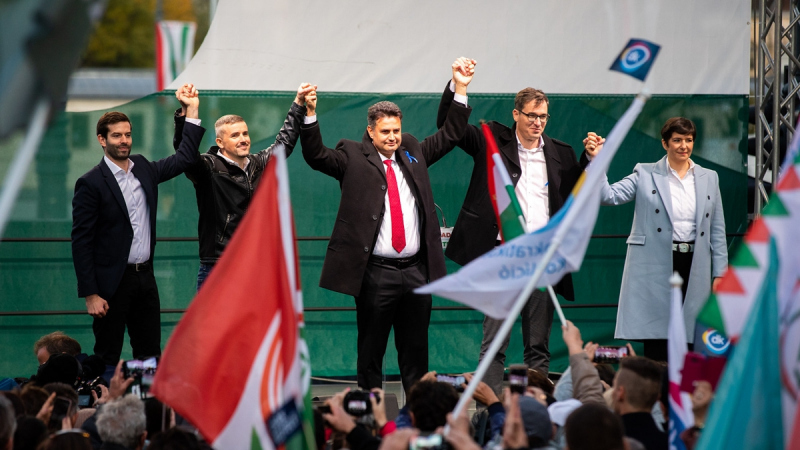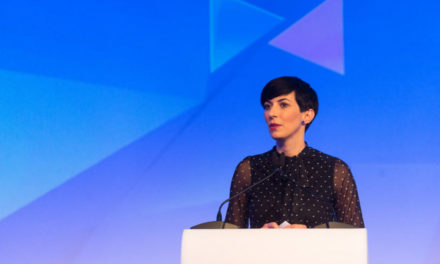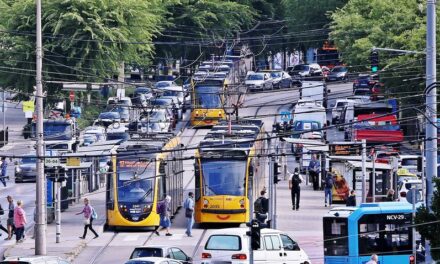Where has the opposition come to in the period since last year's election, how is the contest between DK and Momentum? Why does the crisis not affect the balance of power, what is the government doing well? Why is the Hungarian Two-Tailed Dog Party popular among young people, what chances does Mi Hazánk have? Mandiner interview with Sámuel Ágoston Mráz, head of the Viewpoint Institute.
What was expected from the opposition parties after last year's election defeat, and what surprised the analysts?
At the moment of the defeat, even the opposition parties knew that difficult times were ahead of them. In fact, the more prepared opposition leaders were already aware of this before the election, as they published figures that they would have a chance in the 2022 election in order to deceive themselves or to manipulate their own voters. In fact, they expected defeat, and that this would mean chaos and power struggles, and they also guessed that Ferenc Gyurcsány, as the most talented opposition leader, would take advantage of this. And so it happened. What surprised the analysts is that the Democratic Coalition no longer has a real, serious competitor in the opposition field.
So then we can take the opposition coalition as if it was the hand of cards prepared for after the elections.
Indeed, it was a strong symbol that Ferenc Gyurcsány and his wife did not even go to the opposition party to wait for the results, they immediately broke off contact with Péter Márki-Zay.
What could be a more effective strategy for the other opposition parties: to further increase cooperation, or rather to prosper separately?
The opposition often refers to the fact that the law forces cooperation, but anyone familiar with the electoral system knows very well that even two left-wing lists could run with minimal coordination.
The compulsion of "one opposition list" was Gyurcsány's lie.
A fragmented structure is not good for the opposition, with two lists they could be more dangerous for Fidesz, if we start from the assumption that the left wants to win the election. Despite this, we have seen over the past year that we are moving in the direction of a unipolar left, not a bipolar one.
Cunningly, Gyurcsány was not able to create demand for himself, but to narrow the supply by buying up and luring others from the political class to his own party.
Read the full Mandiner article
Author: Bence Mógor
Picture: Márton Ficsor













